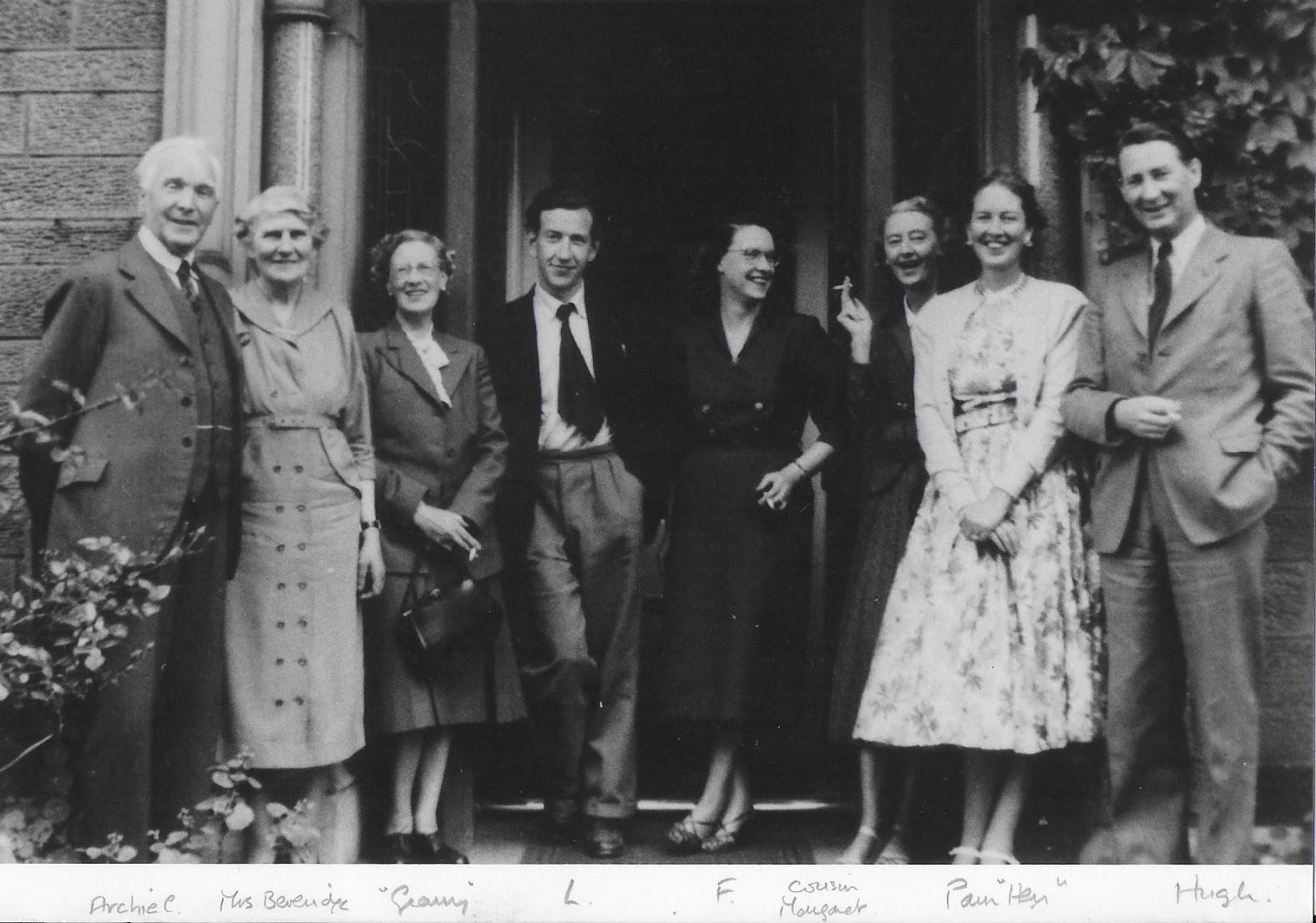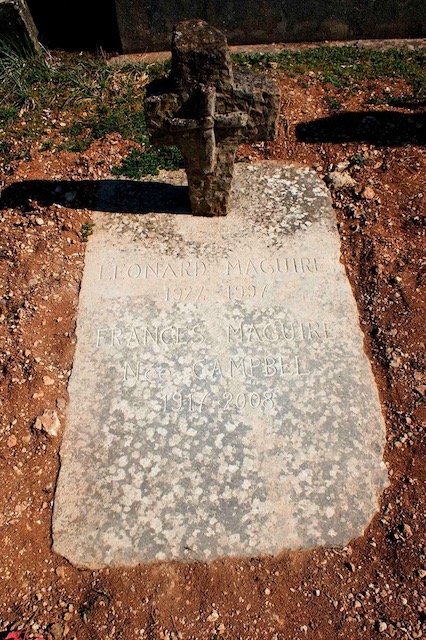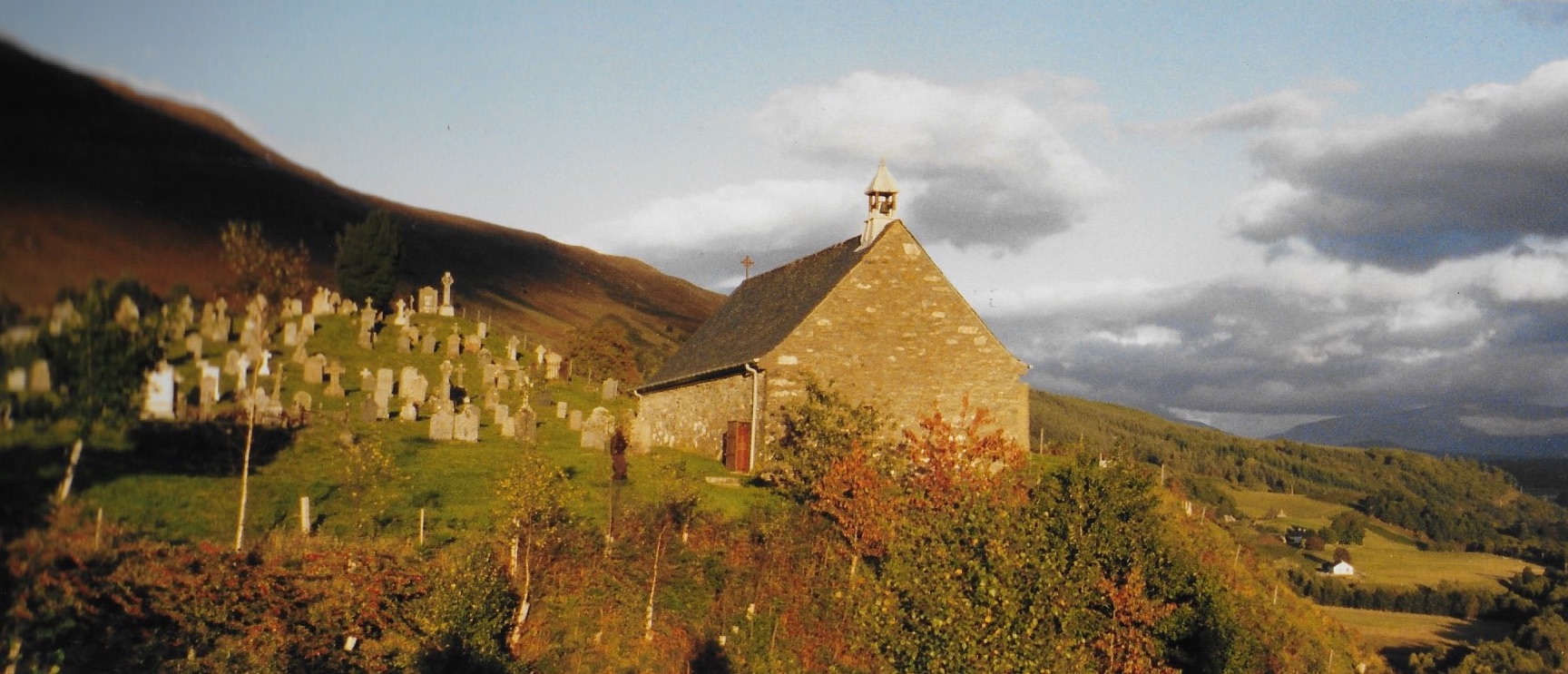According to Robert Harrison in his book ‘The Dominion of the Dead’, this is the first time in millennia that most of us don’t know where we will be buried, or even if we’ll be buried at all.
The likelihood that it will be alongside any of our family is becoming increasingly remote. From a historical point of view, this is astounding and it would have been unthinkable to the vast majority of people a couple of generations ago.

My own parents expected to be buried alongside my maternal grandparents, in the graveyard of the lovely little church of Cille Choirill outside Roy Bridge in Lochaber, where my ancestors have lived since the 16th century.

Instead, they lie side by side on the south-facing slope of the mediaeval hill town of Cordes sur Ciel, in South West France. That they are together in death, as they were in life was important to them, as it has been throughout human history.
Early humans built houses for their dead before they built houses for themselves. Our nomadic palaeolithic hunter-gatherer ancestors buried their dead in places they would revisit yearly in their migrations; their own dwellings were temporary at best. We may have more in common with our ancestors than we suspect.
Cemeteries remind us, even in this deeply secular age, of the deeply human longing for immortality. Human life is finite, and when we dig a grave and place a stone over it, we are creating a mark of our “mortal sojourn on earth.”
The dead need the living to remember who they were. In return, the dead help us not only to know who we are, but also where we came from. As Harrison says, ‘the dead are our guardians. In cemeteries, we give them a future so that they can give us a past’.
Harrison’s attitude is shared by another writer whose work I’ve admired for a long time; Peter Ross.
Our paths first crossed in 2010 when he wrote an article about body donation for Scotland on Sunday, and I’ve been an admirer ever since. His book, ‘A Tomb With a View’ was recently serialised by BBC Radio 4 and as this review in The Guardian says, “he is a wonderfully evocative writer, deftly capturing a sense of place and history, while bringing a deep humanity to his subject.”
Graveyards and burial grounds are still important, but in an increasingly crowded planet we are running out of space for our dead. It’s time to find new ways to go – and new ways in which to remember them.

0 Comments Leave a comment